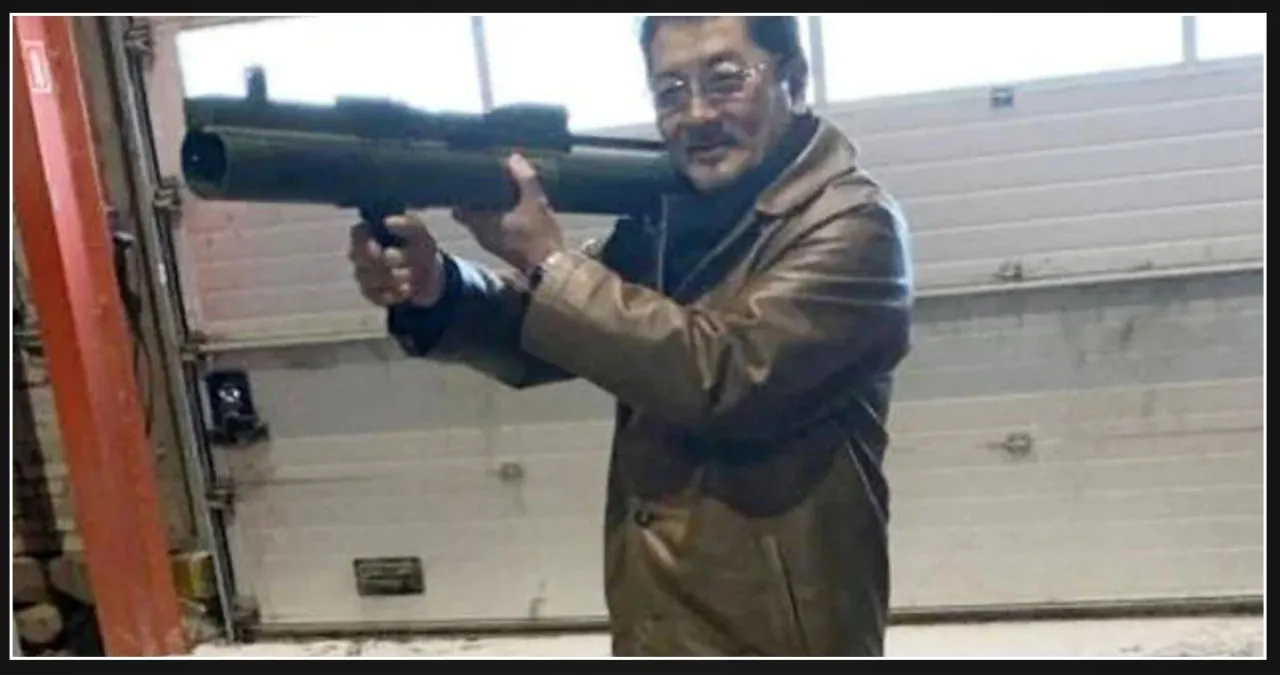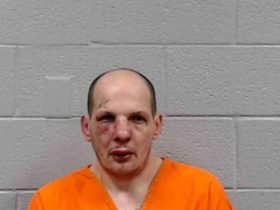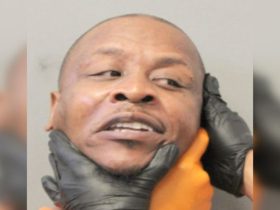In a surprising turn of events, the self-proclaimed leader of a notorious crime syndicate based in Japan has admitted his guilt in a case involving the illicit trafficking of uranium and plutonium. The charges against him revolve around a conspiracy to transport these dangerous materials from Myanmar, with the belief that they would ultimately end up in the hands of Iran for the purpose of developing nuclear weapons. This shocking revelation sheds light on the extent of criminal activities and the potential threats posed by illicit arms trade in the international arena.
Takeshi Ebisawa, a 60-year-old Japanese man, pleaded guilty in Manhattan federal court to charges of weapons and narcotics trafficking. These charges come with a mandatory minimum sentence of 10 years in prison and the potential for life imprisonment. Ebisawa is scheduled to be sentenced on April 9th.
Ebisawa was unaware that he had been communicating with a confidential source for the Drug Enforcement Administration and the source’s associate, who pretended to be an Iranian general, during the years 2021 and 2022. The arrest of Ebisawa occurred in April 2022 in Manhattan as part of a DEA sting operation.
According to a statement released by DEA Administrator Anne Milgram, the prosecution showcased the DEA’s exceptional capability in dismantling the world’s most dangerous criminal networks.
In her statement, she expressed that the investigation had shed light on the alarming extent of global organized crime. It revealed various illicit activities ranging from the trafficking of nuclear materials to the fueling of the narcotics trade and arming violent insurgents.
In his plea, Ebisawa openly admitted to trafficking nuclear material, including weapons-grade plutonium, out of Burma, according to Acting U.S. Attorney Edward Y. Kim.
He added that, in parallel, he actively facilitated the transportation of large amounts of heroin and methamphetamine to the United States. In return, he sought to acquire powerful weapons like surface-to-air missiles for deployment in Burma’s battlefields.
According to court documents, Ebisawa, who U.S. prosecutors identify as a prominent figure in Japan’s infamous Yakuza mafia, allegedly informed a confidential source from the DEA in 2020 that he had access to a significant stockpile of nuclear materials which he intended to sell. In order to substantiate his assertion, he provided the source with photographs showing rocky substances accompanied by Geiger counters measuring radiation levels. Ebisawa claimed that these substances contained thorium and uranium.
According to court documents, prosecutors have revealed that the nuclear material was sourced from an unidentified leader of an “ethnic insurgent group” in Myanmar. This leader had been mining uranium within the country. It is alleged that Ebisawa proposed a plan for the leader to sell the uranium through him, with the intention of using the funds to purchase weapons from the general.
According to prosecutors, they obtained samples of the alleged nuclear materials and had a U.S. federal lab analyze them. The lab confirmed that the samples contained uranium, thorium, and plutonium. Furthermore, it was determined that the isotope composition of the plutonium was weapons-grade, indicating that there was a sufficient amount of it to be used in a nuclear weapon.
Prosecutors shared images of the supposed nuclear materials that were reportedly sent by Ebisawa last year.
Prosecutors have made allegations against Ebisawa, claiming that he conspired to sell 500 kilograms of methamphetamine and 500 kilograms of heroin to an undercover agent. The intended distribution of these drugs was said to be in New York. Additionally, it is alleged that Ebisawa was involved in a scheme to launder $100,000 in supposed narcotics proceeds from the United States to Japan.
“Today, in federal court, Takeshi Ebisawa openly confessed to engaging in the illicit trade of nuclear material, specifically weapons-grade plutonium, from Burma,” revealed Acting U.S. Attorney Edward Y. Kim for the Southern District of New York. “Simultaneously, he orchestrated the large-scale distribution of heroin and methamphetamine to the United States, in return for powerful weaponry such as surface-to-air missiles, intended for deployment in the battlefields of Burma. Additionally, he attempted to conceal his drug proceeds by transferring them from New York to Tokyo.”
Ebisawa’s attorneys were sent an email seeking comment.
According to the National Police Agency, the Yakuza membership has drastically decreased to 20,400 in 2023, which is only one-third of what it was two decades ago. The decline can be largely attributed to legislation that aims to combat organized crime. These measures include preventing members of designated groups from opening bank accounts, renting apartments, buying cell phones, or obtaining insurance.











Leave a Reply